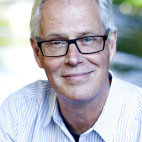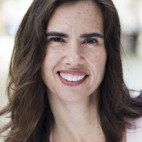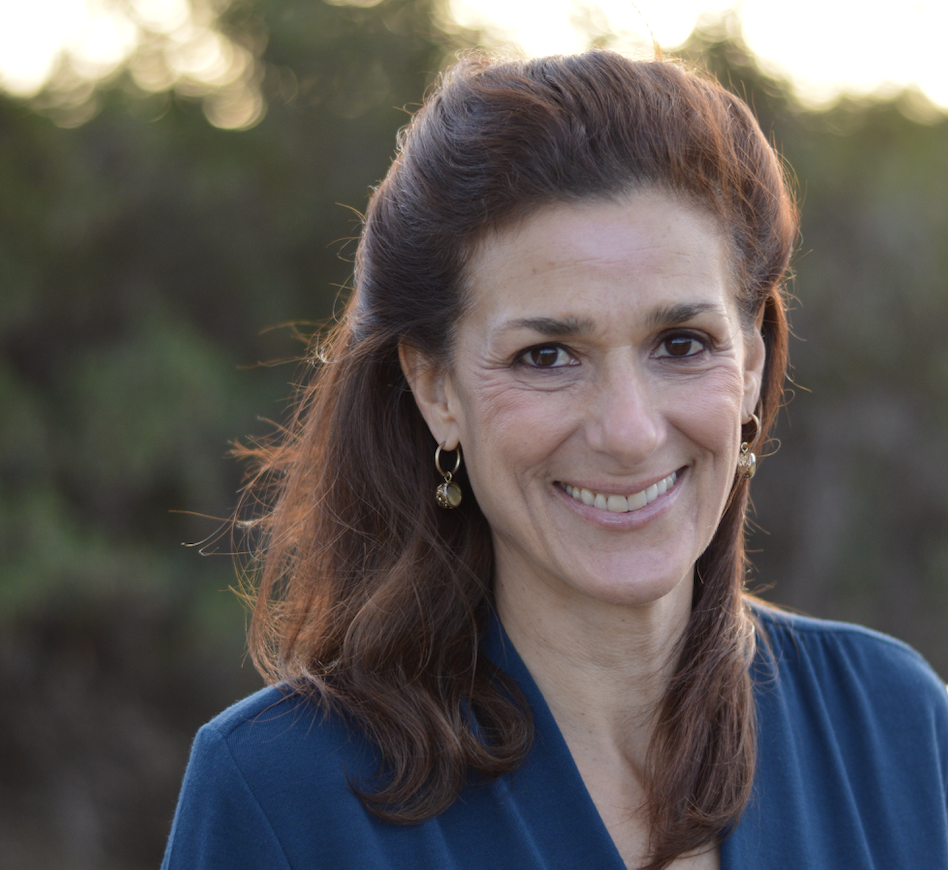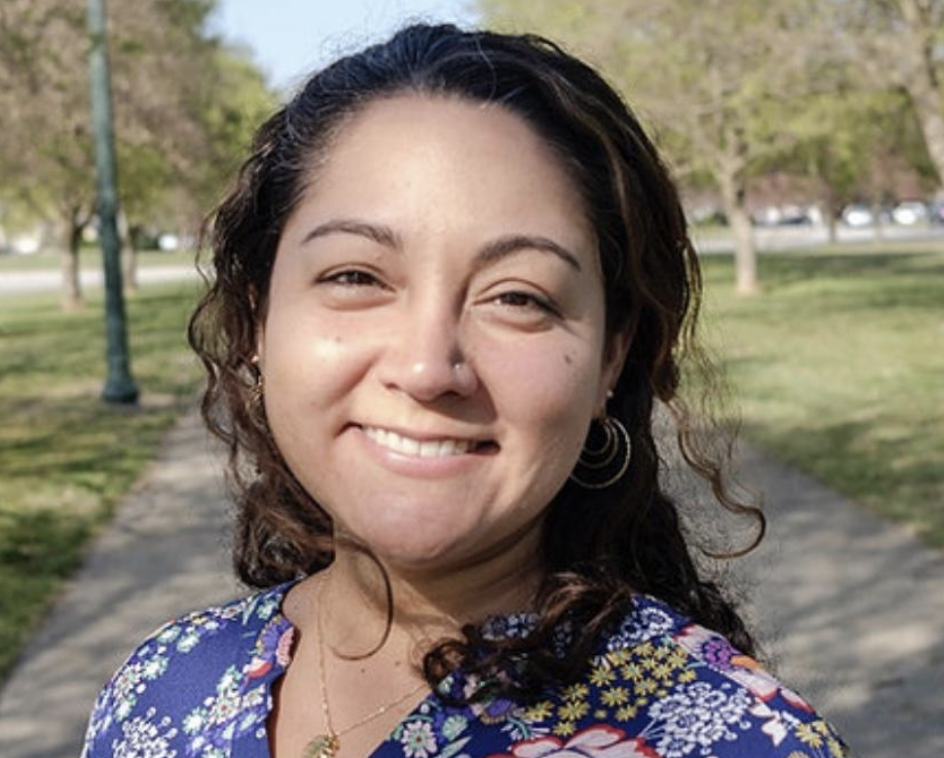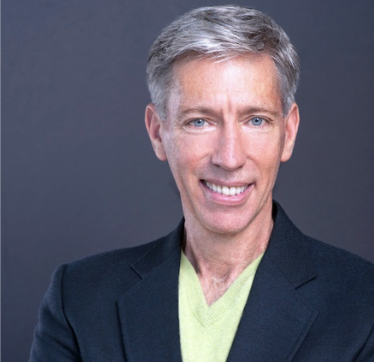-
Session I
Tuesday, November 29
9:00am - 12:00pm PT
Introduction to Mindful Self-Compassion Core Skills Training
Break
Theory, Research, and Practice
-
Session II
Friday, December 2
9:00am - 12:00pm PT
Mindfulness, Self-Compassion, and Loving-Kindness
Break
Finding Your Inner Compassionate Voice
-
Session III
Tuesday, December 6
9:00am - 12:00pm PT
Core Values & Compassionate Listening
Break
Being with Difficult Emotions/Shame
-
Session IV
Friday, December 9
9:00am - 12:00pm PT
Self-Compassion for Caregiver Fatigue
Break
Savoring, Gratitude, and Self-Appreciation
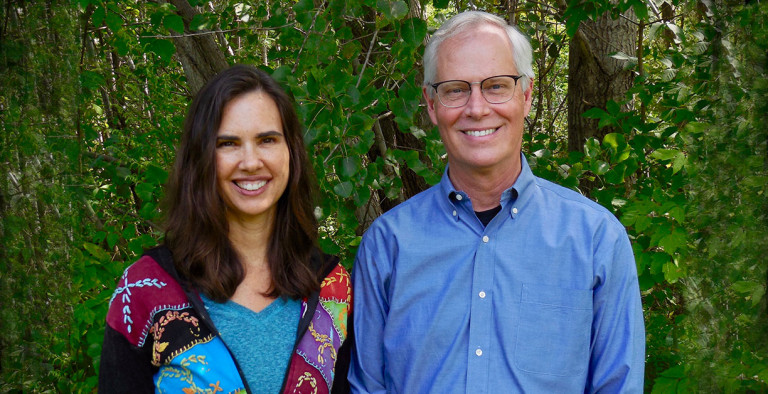
- Venue: Online via Zoom
- Date: November 29, December 2, 6 & 9, 2022
- Time: 9:00am - 12:00pm Pacific Time each day
-
Price: $299 - $339 (Discounts for GGSC Members)
-
A workshop on the Core Skills for Mindful Self-Compassion, held over four half-day sessions with Kristin Neff, Ph.D. and Christopher Germer, Ph.D.
Held entirely online, with recordings available following the training!
This course is approved for 11 Continuing Education (CE) credits. (Please note that the eligibilty for Psychologists continuing education credits have changed).
Discounts for GGSC members! Learn more here.
Developed by Christopher K. Germer, Ph.D., leader in the integration of mindfulness and psychotherapy, and Kristin Neff, Ph.D., pioneering researcher in the field of self-compassion, the empirically supported Mindful Self-Compassion (MSC) training combines the skills of mindfulness and self-compassion, providing a powerful tool for emotional resilience.
Mindfulness is the first step in emotional healing—being able to turn toward and acknowledge our difficult thoughts and feelings (such as inadequacy, sadness, anger, confusion) with a spirit of openness and curiosity. Self-compassion involves responding to these difficult thoughts and feelings with warmth and support so that we comfort ourselves when we’re hurting and take action to make needed changes. Research has shown that self-compassion greatly enhances emotional well-being. It boosts happiness, reduces anxiety and depression, and can even help maintain healthy lifestyle habits such as diet and exercise. Being both mindful and compassionate leads to greater ease and well-being in our daily lives.
This workshop is completely live and online. Program activities will include short talks, meditation, experiential exercises, group discussion, and home practices. The goal is for participants to directly experience self-compassion and learn practices that evoke self-compassion in daily life.
No previous experience with mindfulness or meditation is required to attend this workshop.
In MSC you’ll learn:
- How to stop being so hard on yourself
- How to handle difficult emotions with greater ease
- How to motivate yourself with encouragement rather than criticism
- How to transform difficult relationships, both old and new
- Mindfulness and self-compassion practices for home and everyday life
- The theory and research behind mindful self-compassion
- How to become your own best teacher
Unique to this training, participants will also be able to participate in small group sessions, including Self-Compassion Mentoring and Affinity Groups, to more deeply explore course content.
Self-Compassion Mentoring: Engage with highly trained and experienced mentors for on-the-spot learning and application of self-compassion skills and teachings. Optimize learning by attending additional interactive practice sessions on and between the four half-day training sessions.
Affinity groups are an optional, freely offered, yet integral part of the learning experience in the MSC Core Skills Training. These groups bring together participants who self-identify with a particular social-cultural identity to explore the intersection of our diverse experiences in relation to learning and practicing Mindful-Self-Compassion.
Affinity Groups included in this training are for BIPOC (Black, Indigenous, People of Color) and LGBTQIAP+ (Lesbian, Gay, Bisexual, Transgender, Queer, Intersex, Asexual, Pansexual, +Plus) participants.
